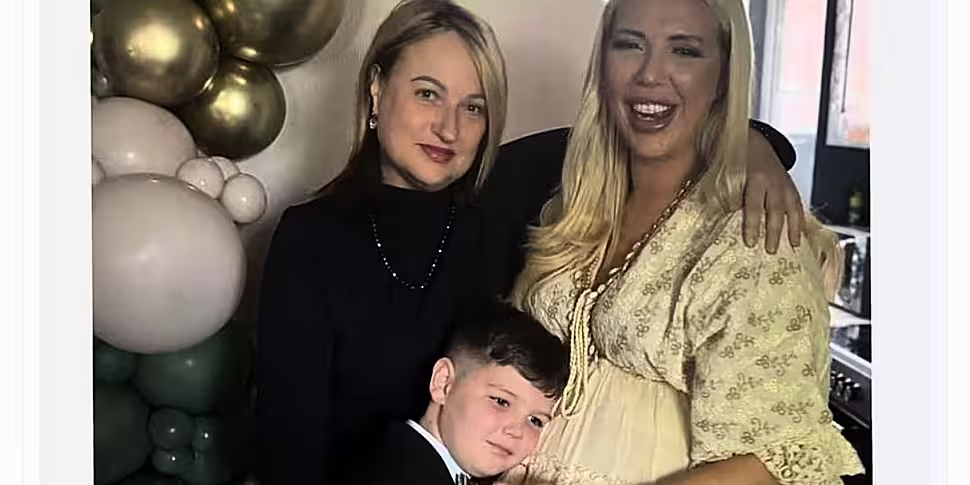A woman whose mother died at a Swiss euthanasia clinic has said a proposed safeguarding change had made her “more angry”.
Earlier this summer, Megan Slough Royal’s mother, Maureen, died in the clinic - despite the fact that she was not terminally ill.
Ms Slough Royal’s mother had never told her she wanted to die and was shocked to learn about her death through a message on WhatsApp.
The clinic then blocked her number, leaving her unable to respond.
Later, Ms Slough Royal was informed that her mother had told the clinic that her daughter knew and respected her choice to die.
Now, the clinic has told her they will video call relatives before they carry out the procedure.
“Nothing they do is going to satisfy me,” Ms Slough Royal told Lunchtime Live.
“I don’t want policies or promises, I want to make sure this never happens to another person again.”
Ms Slough Royal added that she worried that relatives who are informed that their loved ones are about to undergo assisted suicide could be accidently breaking the law.
“The first thing they said was they’re going to start video calling people,” she said.
“This new video call thing is totally haphazard; assisted suicide is illegal in so many countries.
“You might be breaking the law of your home country by agreeing.
“What’s the safeguarding procedure to ensure you aren’t breaking any laws in the country you are in or live in when they call you?”
Ms Slough Royal said she is “not saying that someone who is terminally ill shouldn’t have the right to [die]” but is horrified that it was a choice that her physically healthy mother was able to make.
“My Mam had her tickets home,” she said.
“She had her mind changed and the following day she just couldn’t come back.”
In a statement to Newstalk, the clinic said that under Swiss law there is "no legal obligation" for them to inform relatives but they encourage their patients to do so.
"We have made changes to our process after learning that we were not told the truth," a spokesperson said.
"Over the last two years we have incorporated additional steps to the application process.
"To potentially prevent additional distress for families in the future, we have decided that we will no longer accept unaccompanied applicants with living family members unless they provide us with copies of their next of kin’s passport and allow us to meet them in a video call."
Main image: Megan Slough Royal and her family. Image: Supplied.









